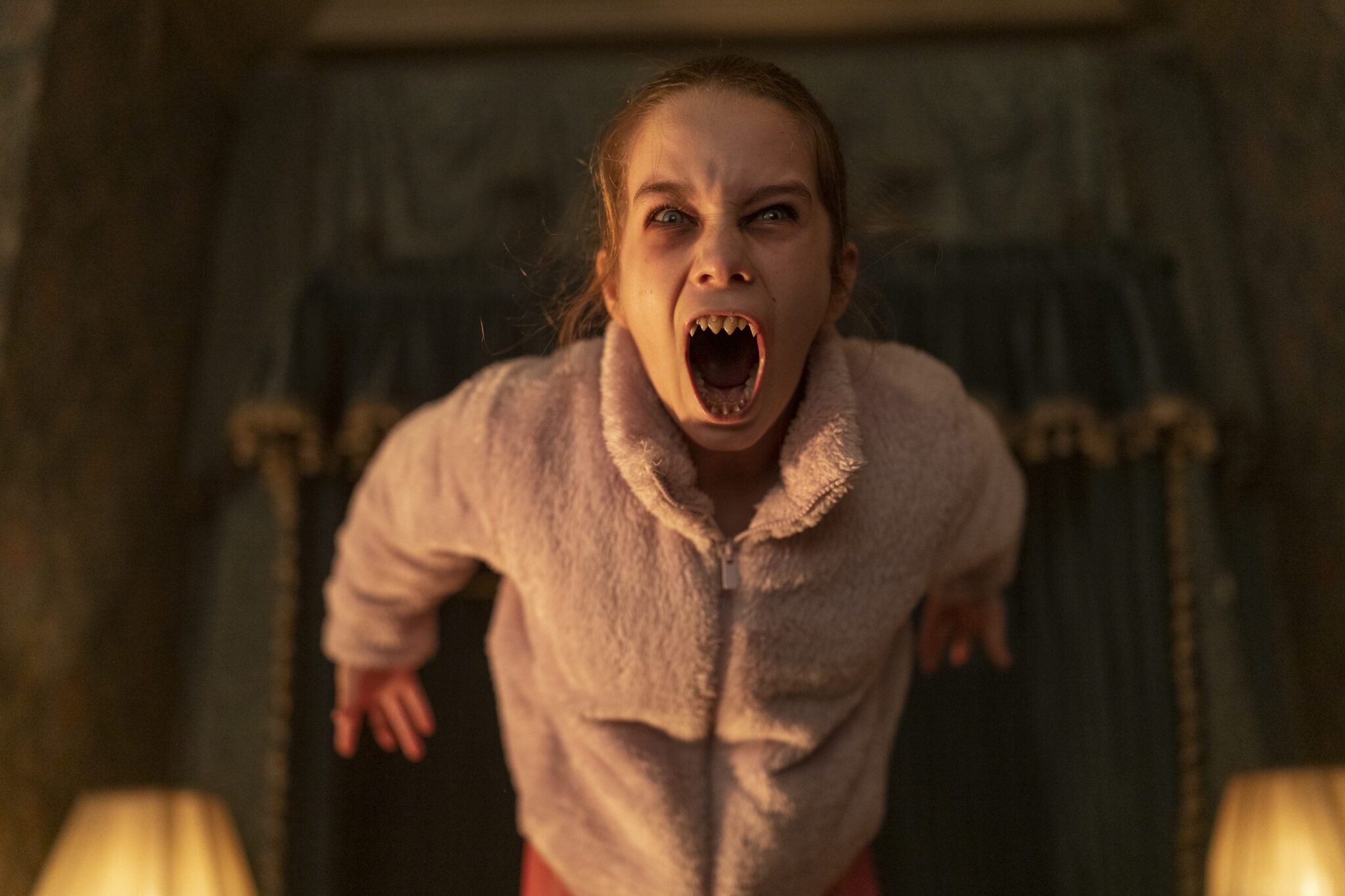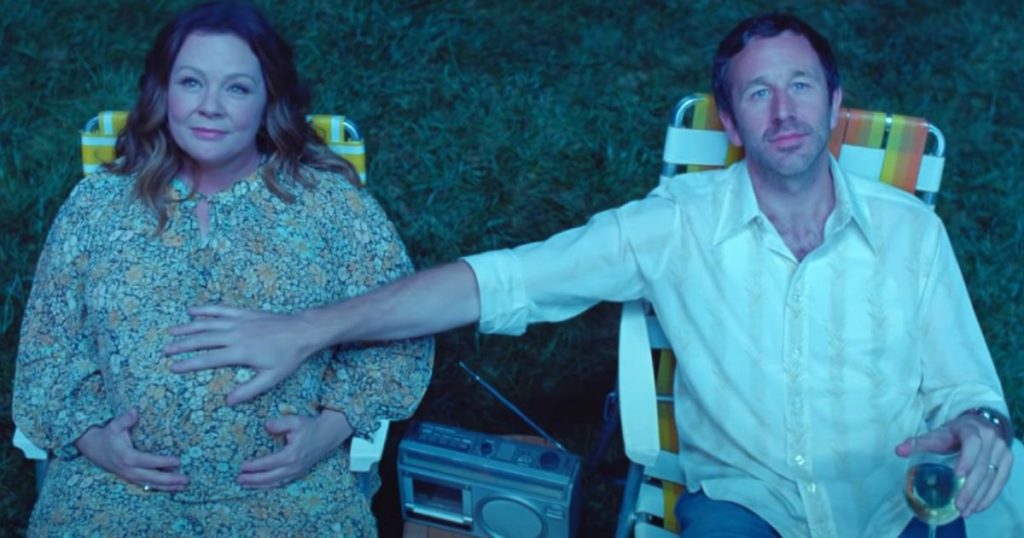
In?The Starling, Lilly (Melissa McCarthy) and Jack (Chris O?Dowd) are a couple who have been shattered by tragedy. A year after their infant daughter has passed away, their grief has driven them apart. While Jack is recovering in a psychiatric clinic, Lilly tries to maintain her job in a local grocery store and keep their home stable. After an encounter with a tiny starling pushes her to the brink, Lilly reaches out to Larry (Kevin Kline), a local veterinarian, for help and emotional support.
Directed by Theodore Melfi, The Starling is an enjoyable film that still feels like somewhat of a mixed bag. Melfi understands how to bring the best out of his cast and they offer some good work here, especially O?Dowd and Klein. This is a film which deals with grief in a mature manner that refuses to settle for any easy answers on how to deal with the pain. There is a great deal of respect here for those who are hurting and how they manage to work their way through it. For example, each character within the film is dealing with their own pain in different ways, whether it?s Jack?s self-blame, Larry?s penchant to flee or Lilly?s denial. In each case, Melfi?s film allows its characters to be themselves and take their own journey?s towards healing. (In particular, Kline?s supporting role as the broken counsellor turned veterinarian anchors the film with a hesitant wisdom.)
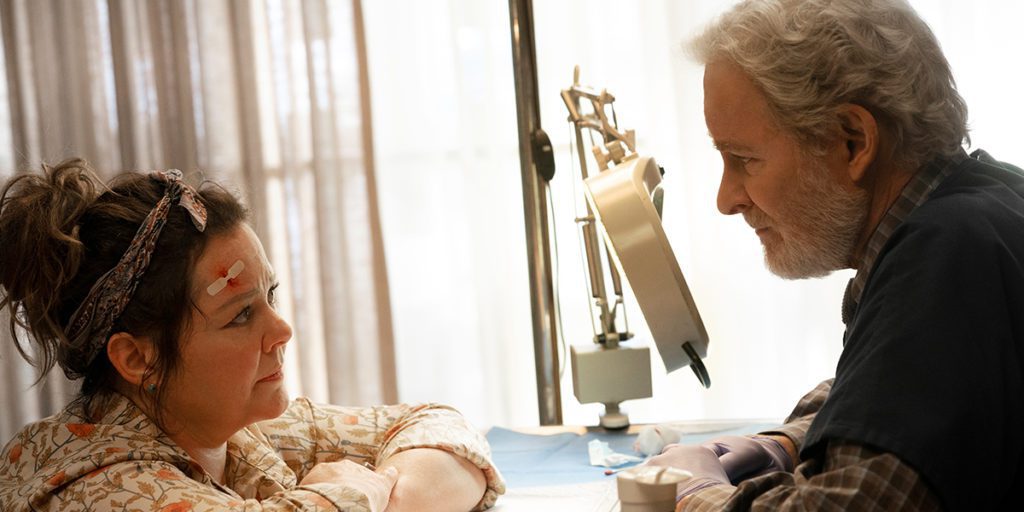
Nevertheless, despite the strengths of the film, there are simply a few too many spaces that take you out of the experience. Despite her incredible dramatic talent, there are times when McCarthy?s need to provide humour somehow lets the air out of the moment. (The scene with the ladder is particularly noticeable.) While?The Starling?is most definitely an enjoyable and poignant film over all, there are times where it still feels like a missed opportunity.
In a strange way, one of the most intriguing aspects of the film is the starling itself. With every attempt that Lilly makes to rebuild her garden (and her life), the bird swoops down and make it difficult for her to do so. As she mows the lawn, she is forced to run into the house. Planting vegetables in the garden result in further random attacks from above. (In fact, she eventually even has to wear a football helmet to protect herself.) Despite the fact that she is attempting to do something constructive, she finds herself under constant threat of assault from her tiny feathered adversary.
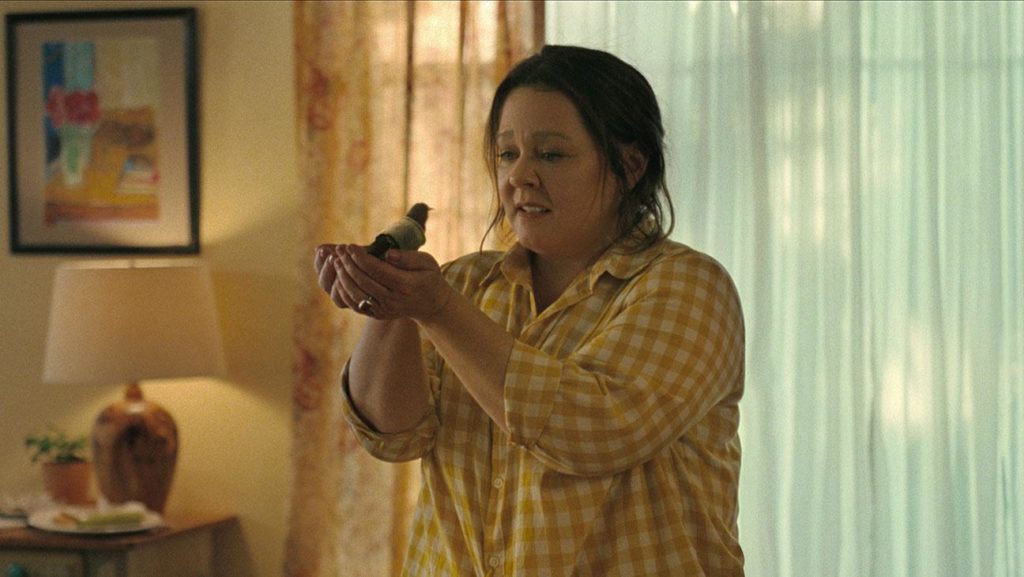
However, this is also what makes the starling so interesting. Mirroring Lilly?s struggles, this small, territorial bird operates as a strong metaphor for grief?s ability to constantly attack at random times. For anyone who has endured the trauma of grief, there is a certain level of paralysis that takes place for the wounded. As much as one wants to let go of their suffering, there is a process that must be endured in order to do so. Similarly, despite the fact that Lilly desperately wants to move forward, this tiny creature keeps causing her to fall flat on her back or run away in fear.
And it refuses to relent.
As such, grief is portrayed as a road with many twists and turns. Days of joy turn quickly based on a simple reminder of the pain that they?d briefly forgotten. Moments that feel like breakthroughs can bring hope but can also seem elusive. Each experience feels like an eternity and yet gone in a blink of an eye. Every character does what they can to get through the day.?
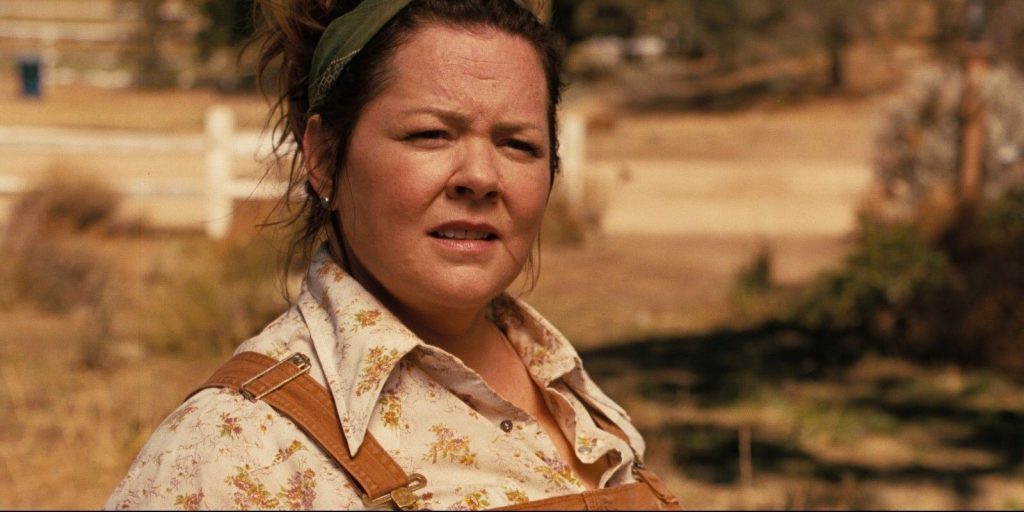
Incidentally, it?s worth noting that, although faith is brought into the film, it is also held a distance. As Lilly attempts to get through the day, she sits and stares blankly at a television program that mentions that there?s hope yet gives few answers. In this way, faith becomes somewhat of a panacea for this grieving mother as she zones out in front of the TV but never really seems to be able to connect it to her life. While never portrayed negatively here, faith simply seems irrelevant to her experience, even if it is calming for her.
But this is what works best within the film. These quieter moments highlight the challenges of suffering and grief without sacrificing their complex nature. Whereas many films often offer simple solutions,?The Starling doesn?t always come to conclusions and that is too its credit. Even though the more slapstick moments can deflate moments that need thought, the more one reflects on the film, the more one can appreciate what Melfi and his team are trying to do. Like the starling itself, this is a story that understands that grief must be endured before it can finally be released.
To hear our interview with director Ted Melfi, click here (audio) and here (YouTube).
The Starling premiered at TIFF and is available on Netflix on Friday, September 24th, 2021.





